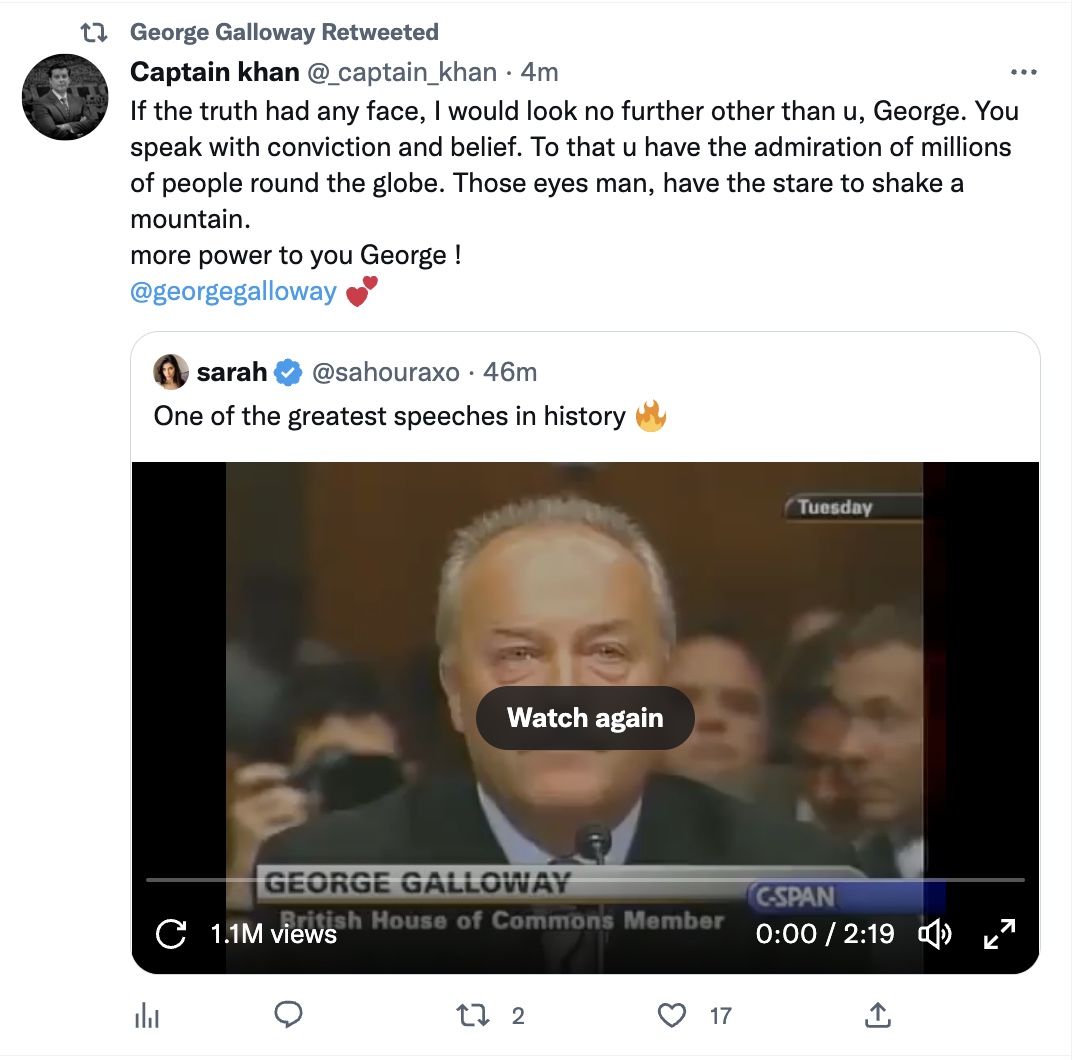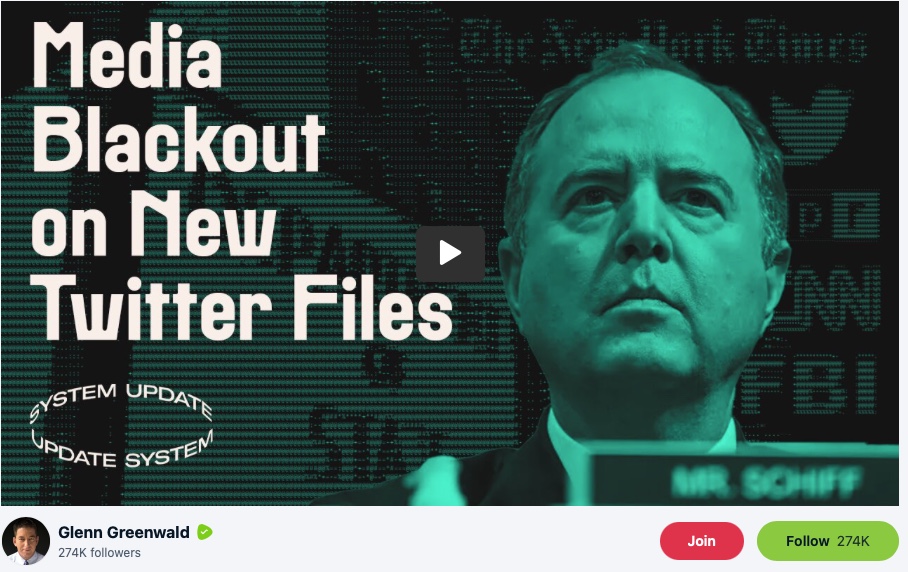Martin Gurri: The Elites Battled the Peripheries at Twitter
Michael Shellenberger and Leighton Woodhouse interview Martin Gurri in their article, "Former Top CIA Analyst Condemns FBI For Censorship & Misinformation "Joe McCarthy would have loved to have that kind of control," says Martin Gurri, author of the seminal 2018 book, "The Revolt of Public," about government influence over Twitter." Here is an excerpt:
For some perspective, we reached out to former CIA analyst Martin Gurri. In 2018 Gurri published a major book, The Revolt of the Public, which argues that the Internet is disrupting modern society and politics as much as the printing press did in the 15th Century. The book influenced us so much that we named our Substack publication after it. (Above, you can see a video that one of us, Leighton, made about it.)The Internet in general, and social media in particular, argues Gurri, mean that the elites can no longer control the public conversation as they once could. They struggle to “manufacture consent.” Anybody can start a Substack or Twitter account, and anybody can go viral. That technological revolution is resulting in political revolutions.
“What you’re seeing [in the Twitter Files] is a reaction to the revolt of the public,” said Gurri, who concludes that the United States needs a truth and reconciliation commission, similar to the one used in South Africa, to get to the bottom of what happened.
In the end, Gurri doesn’t believe we can return to the pre-Internet era of information control. But the Twitter Files, he notes, reveal just how hard they’ve been trying.



